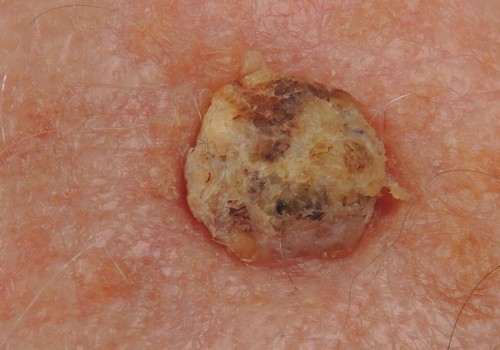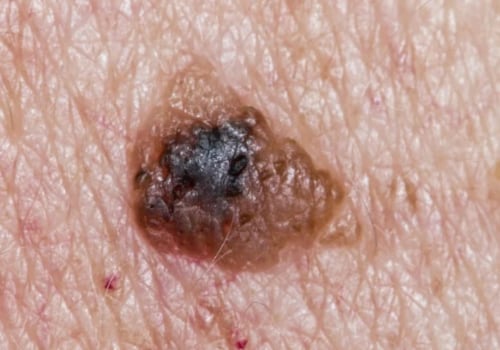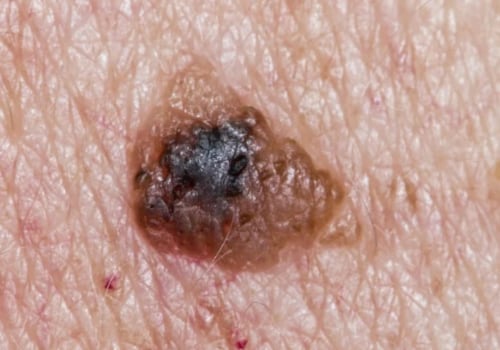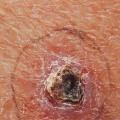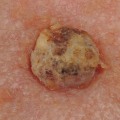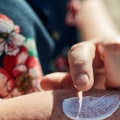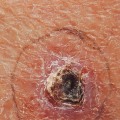Basal cell carcinoma (BCC) is the most common type of skin cancer. It is a slow-growing cancer that usually appears as a small, fleshy bump or nodule on the skin. BCC can also look like a scaly, red patch or a sore that won’t heal. If you notice any changes in your skin, such as a new growth or a sore that won’t heal, it is important to see a doctor right away.
Your doctor will examine your skin and may take a biopsy of the area to confirm the diagnosis. A biopsy is a procedure in which a small sample of tissue is taken from the suspicious area and examined under a microscope. This will help your doctor determine if the growth is cancerous or not. Your doctor may also order imaging tests such as an X-ray or CT scan to check for any signs of cancer in other parts of your body.
If your doctor suspects that you have BCC, they may refer you to a dermatologist or oncologist for further evaluation and treatment. The dermatologist or oncologist may perform additional tests such as an MRI or PET scan to get a better look at the cancer and determine if it has spread. Once your doctor has confirmed the diagnosis of BCC, they will discuss treatment options with you. Treatment options may include surgery, radiation therapy, chemotherapy, or topical medications. Your doctor will recommend the best treatment option for you based on the size and location of the cancer, as well as your overall health. It is important to remember that early diagnosis and treatment are key when it comes to treating BCC.
If you notice any changes in your skin, it is important to see a doctor right away. With early diagnosis and treatment, BCC can be successfully treated. As an expert in SEO, I recommend that you take proactive steps to diagnose and treat basal cell carcinoma (BCC) early. Early detection is essential for successful treatment of this common type of skin cancer. If you notice any changes in your skin, such as a new growth or a sore that won’t heal, it is important to see a doctor right away.
Imaging tests such as an X-ray or CT scan may also be ordered to check for any signs of cancer in other parts of your body. If your doctor suspects that you have BCC, they may refer you to a dermatologist or oncologist for further evaluation and treatment. If you notice any changes in your skin, it is important to see a doctor right away. With early diagnosis and treatment, BCC can be successfully treated.
